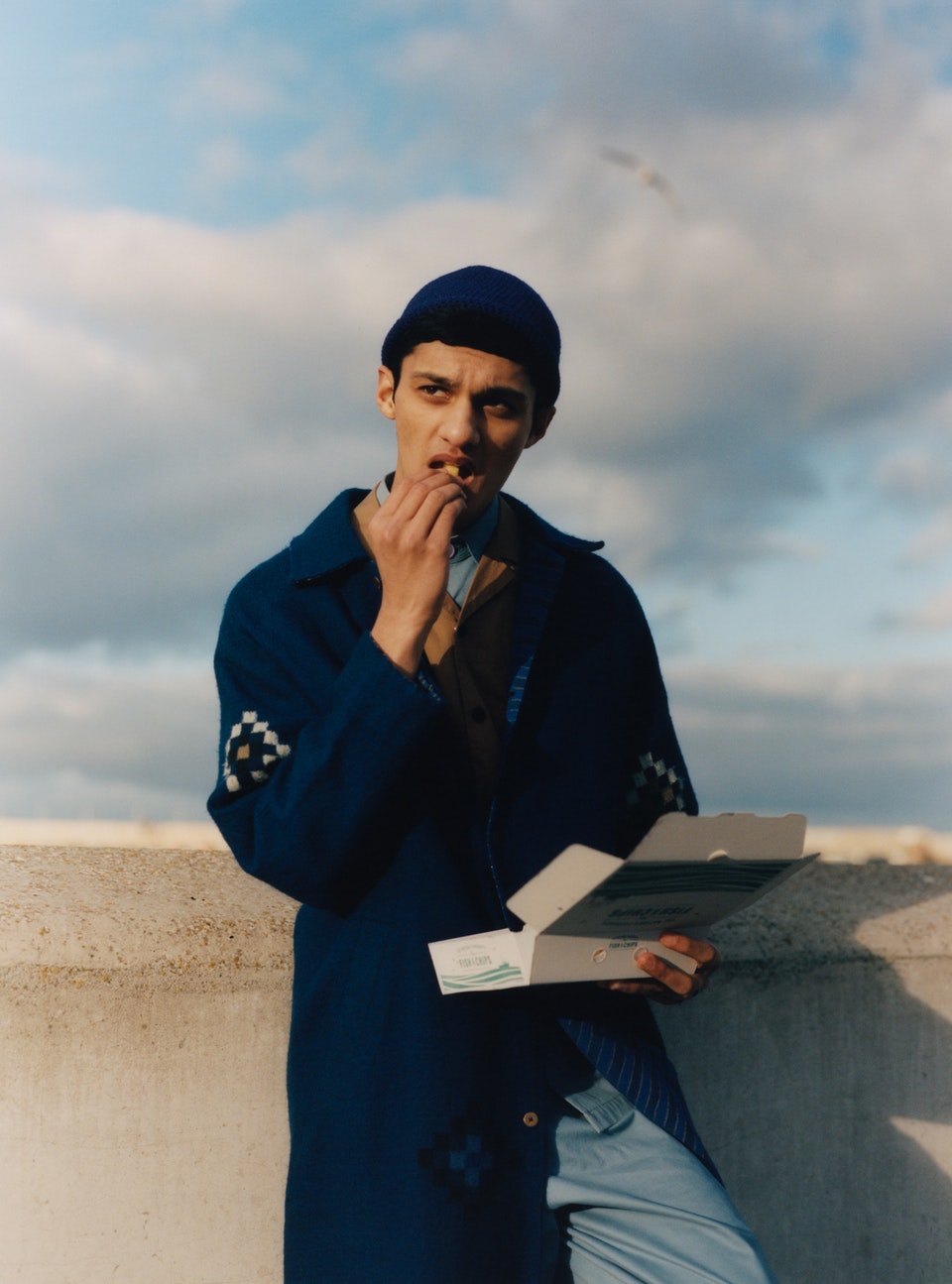Lauren Forster is a photographer and lecturer in Lens Based Media at The Arts University Bournemouth. Her work addresses sociological issues and the human condition. Many of her projects have maintained a particular focus on religion, illness and disability. Her most personal series, ‘Ground Control to Mother Hen’, documents family life since her mother’s secondary brain cancer diagnosis in 2016, which has now been rendered inoperable. The series captures strength and fragility during dark moments of pain, struggle and loneliness. The resulting images offer an intimate insight into this period of loss and transition.
Forster’s portrait, which won Portrait of Britain 2018, depicts Forster’s father in his Salvation Army uniform. Since his wife’s diagnosis, he has given up his life’s work serving as a missionary in Africa to care for her in the UK. This portrait reunites him with the sense of purpose and identity that he has lost, and shows his deep sadness and pain.
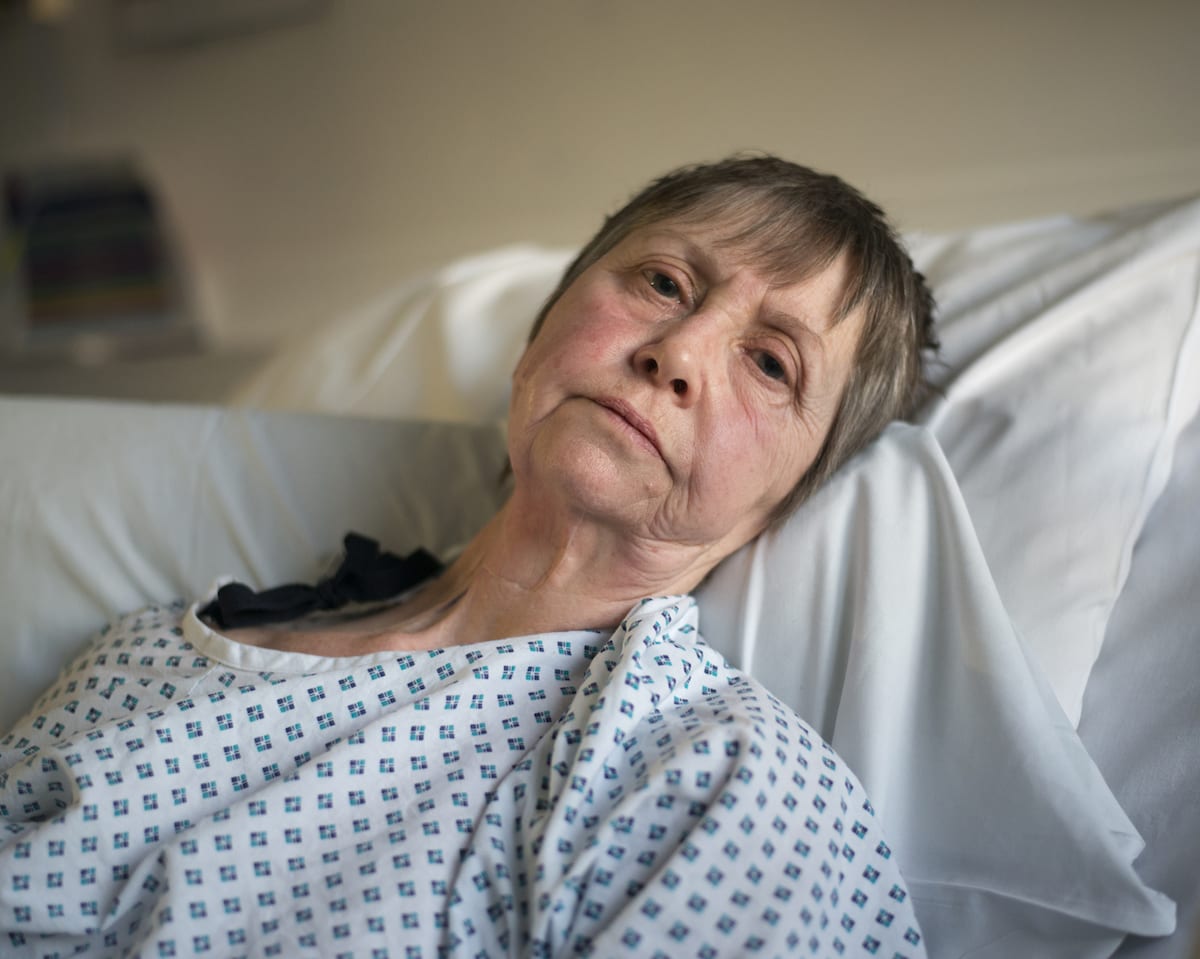
Can you tell me about the photograph you entered into Portrait of Britain 2018? What is the story behind it?
I entered a portrait of my father, who has been a minister in the Salvation Army for 45 years; the majority of those years have been served abroad as a missionary in Africa. He moved back to the UK in 2016 when my mum’s cancer spread to the brain.
My dad has struggled to find his own identity in retirement, as everything has centred around the care of his wife. During his life as a Salvation Army Officer, he held a number of significant appointments that demanded his time and energy. Now that these responsibilities have come to an end, he feels at a complete loss.
Caring for my mother has been a labour of love for my father, but he feels a deep sense of emptiness in no longer having a clearly defined role within the Salvation Army. He is a strong and proud man who at times feels lost, and yet maintains his sense of humour and has the most profound love for his family. He still attends his local Salvation Army church in Bournemouth where this image was taken. Despite being a retired minister and preaching a gospel of hope for 45 years, his current situation has left him struggling to put into practice what he has preached to so many others.
The portrait is part of your ongoing series, ‘Ground Control to Mother Hen’. What are your aims for that series?
I have been documenting my family since my Mother was diagnosed with secondary brain cancer in 2016. Since this diagnosis, the cancer has spread to her spine and is now inoperable.
I started the series without a clear view in mind. I did not know whose perspective the images would be from, or what I wanted to communicate; I was simply taking pictures to stay sane and spend time with my family. Individually, the images are straightforward, but together they result in an overwhelming sense of sadness and despair.
The project is driven by the desire to record my deeply personal struggle during this transition in my life. The images are defined above all else by a range of emotional forces that we as a family are experiencing, it is this psychological interior that drives the work. I hope the series will culminate in the publication of a book, and help raise awareness. It has also been shared with the Brain Tumour Charity, who are a fantastic support network.
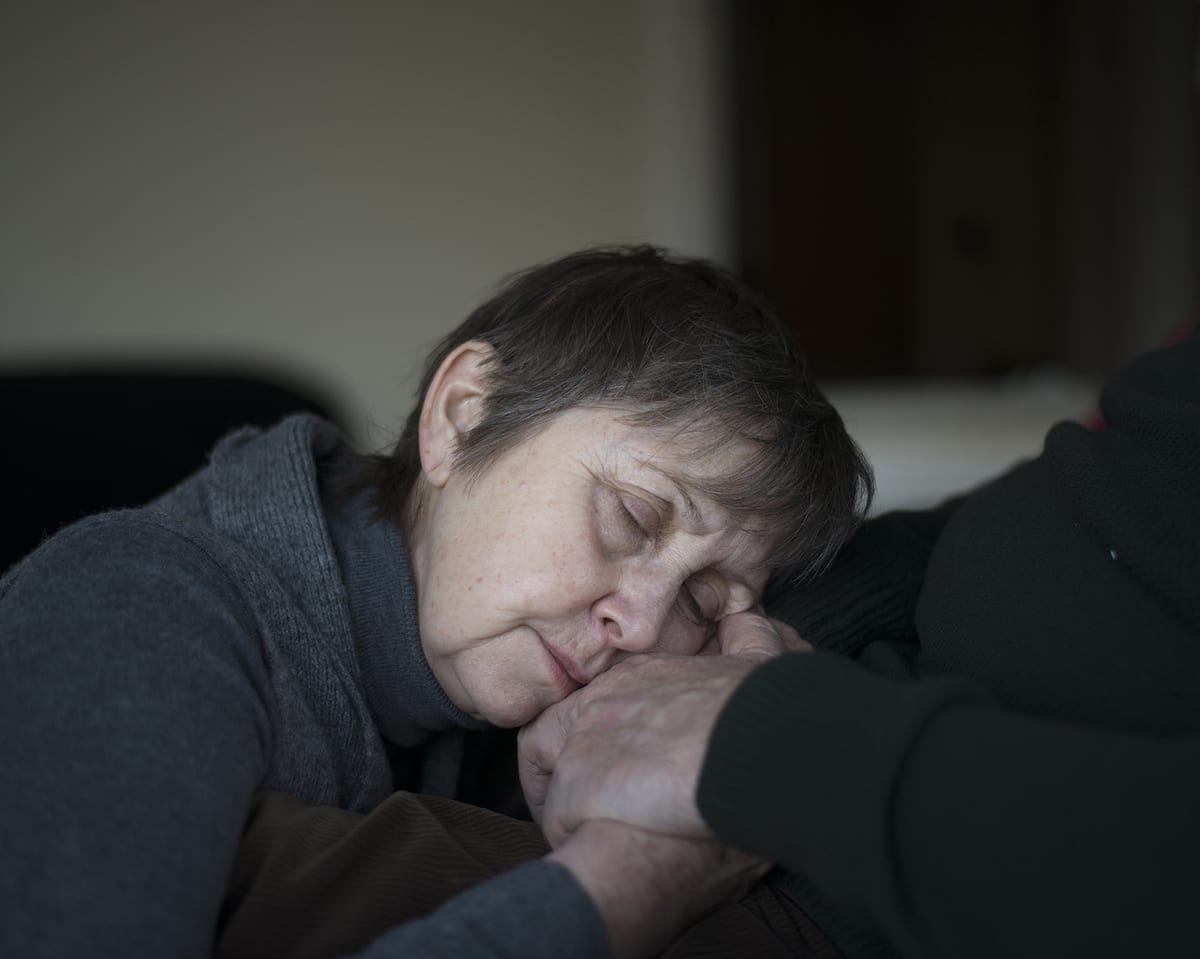
Why did you choose to enter Portrait of Britain?
Portrait of Britain is an incredible platform from which to showcase and celebrate the huge variety of people living in contemporary Britain. This was a highly personal and difficult project for me to make. I feel that it is my responsibility to do the work justice, which I hope to do so by showcasing it on such an influential platform.
What do you think makes a compelling portrait?
My practice has always been documentary portraiture, and my work has been driven by my fascination with the human condition, so it is important for me to spend as much time as I can with my subject, building up trust and a relationship. Having a connection with your subject is key.
In my opinion, a good portrait should always stimulate an emotional response from the viewer, encouraging them to ask questions regarding the subject and the broader narrative surrounding the image.
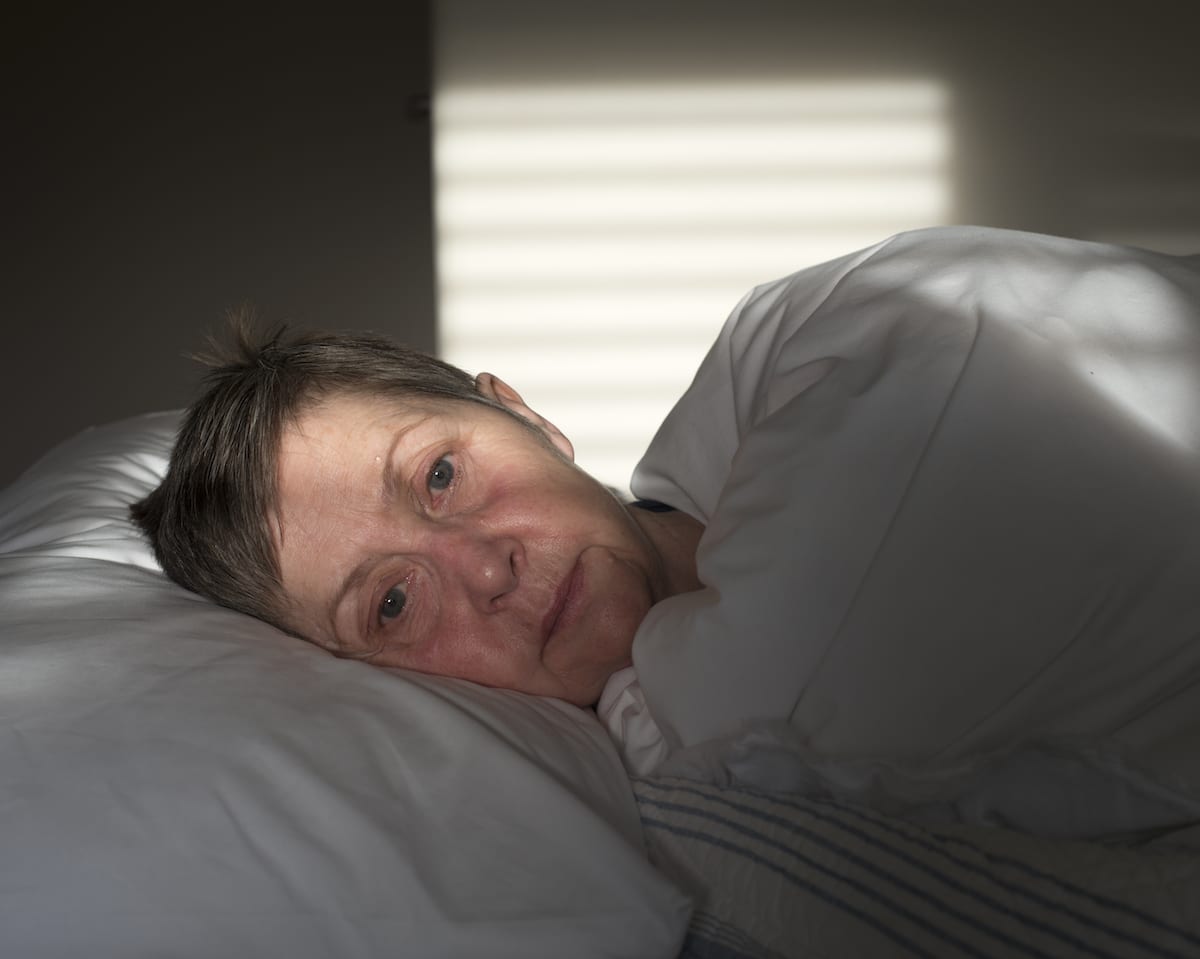
Do you have any advice for other entrants about selecting a portrait to submit and, more generally, about getting into portrait photography to begin with?
In terms of selecting a portrait to submit, I think that sometimes we are too close to our own work – getting help from people you trust when selecting images to enter can be worthwhile.
When getting into portrait photography, shoot lots of personal work and develop your own approach to making a portrait and interacting with people. Personally, I think the most important aspect of taking someone’s portrait is making them feel at ease.
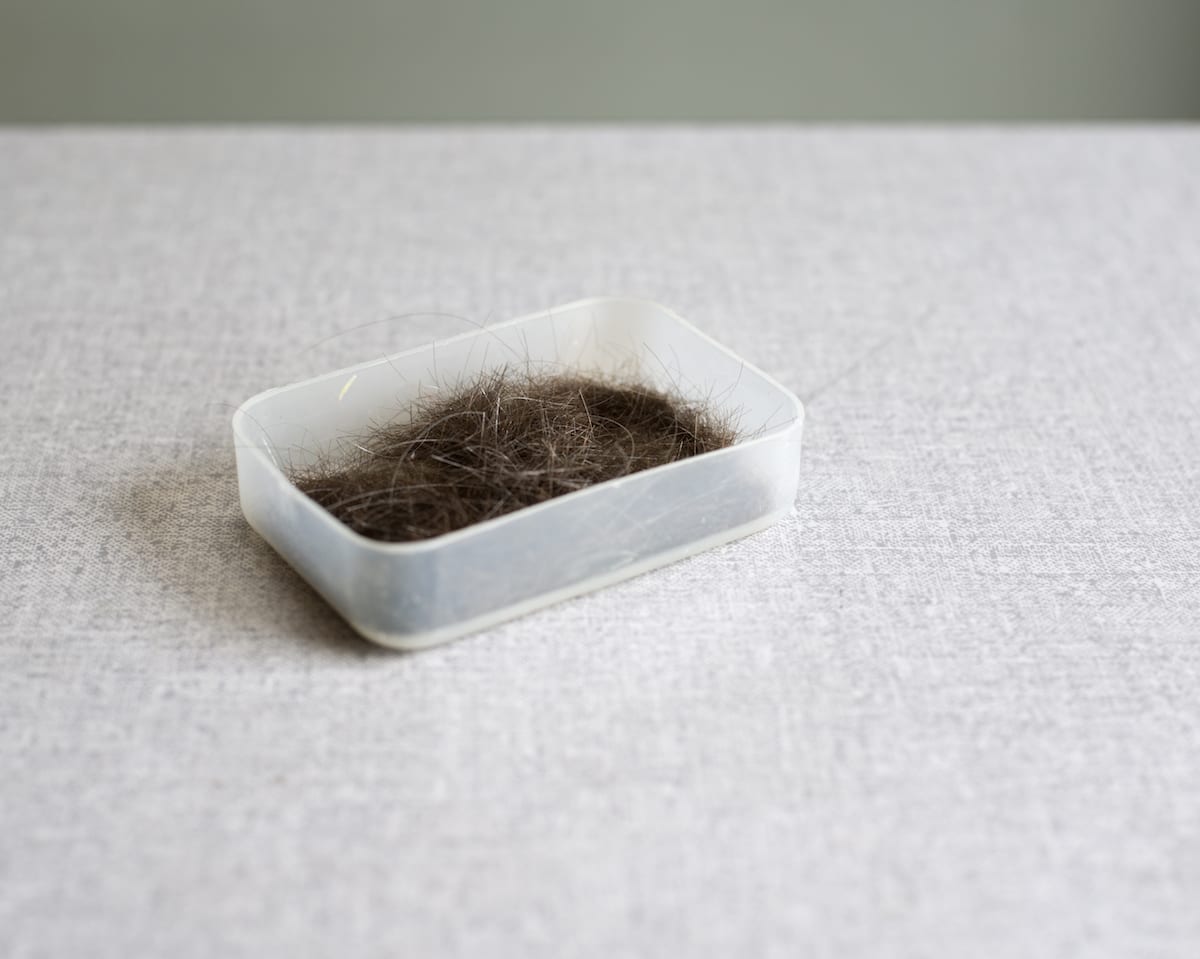
Future generations will look to Portrait of Britain 2019 to see the face of the nation in a historic moment. What will it look like? Enter your work today!

